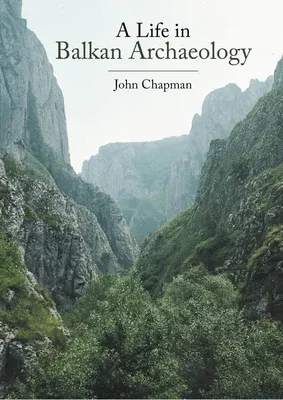This memoir is not really about research questions or main conclusions.
It tells the story of a boy growing up in Plymouth, Devon, getting
excited about archaeology after visits to mainland Greece and Crete,
trying to get into Greek archaeology and relocating northwards into the
Balkans, where he spent a career in prehistoric research. The chapters
alternate between museum/university experiences and my major research
projects. The experiences of working in that part of the world as the
Third Balkan War was starting were dramatic and a history-style chapter
is devoted to these beginnings.
The Balkan prehistoric club in the west is a very small and select group
so there is an intrinsic interest about how westerners did their
archaeology there and how they interacted with local colleagues. There
is also a sense of a 'colonial relationship' between westerners
knowledgeable about theory and method, with well-stocked libraries and
large research grants and easterners with little of the above. On a
basic level, the memoir presents stories with implications for east-west
relationships that will soon disappear from living memory. The ways that
research projects originated and developed are strongly featured and
there is a fund of anecdotes about prehistorians living and dead. The
publication of this memoir records those fragments of the discipline's
history that are in danger of being lost forever. But my life story is
not erased from this account, which is not an anthropological work but,
rather, a participant account with a modicum of relevant personal
details. The book providing the archaeological results is the
publication Forging identities in the prehistory of Old Europe.
Dividuals, individuals and communities 7000-3000 BC - a synthesis of
academic research in Balkan prehistory. This memoir provides the insider
story to the research results.

